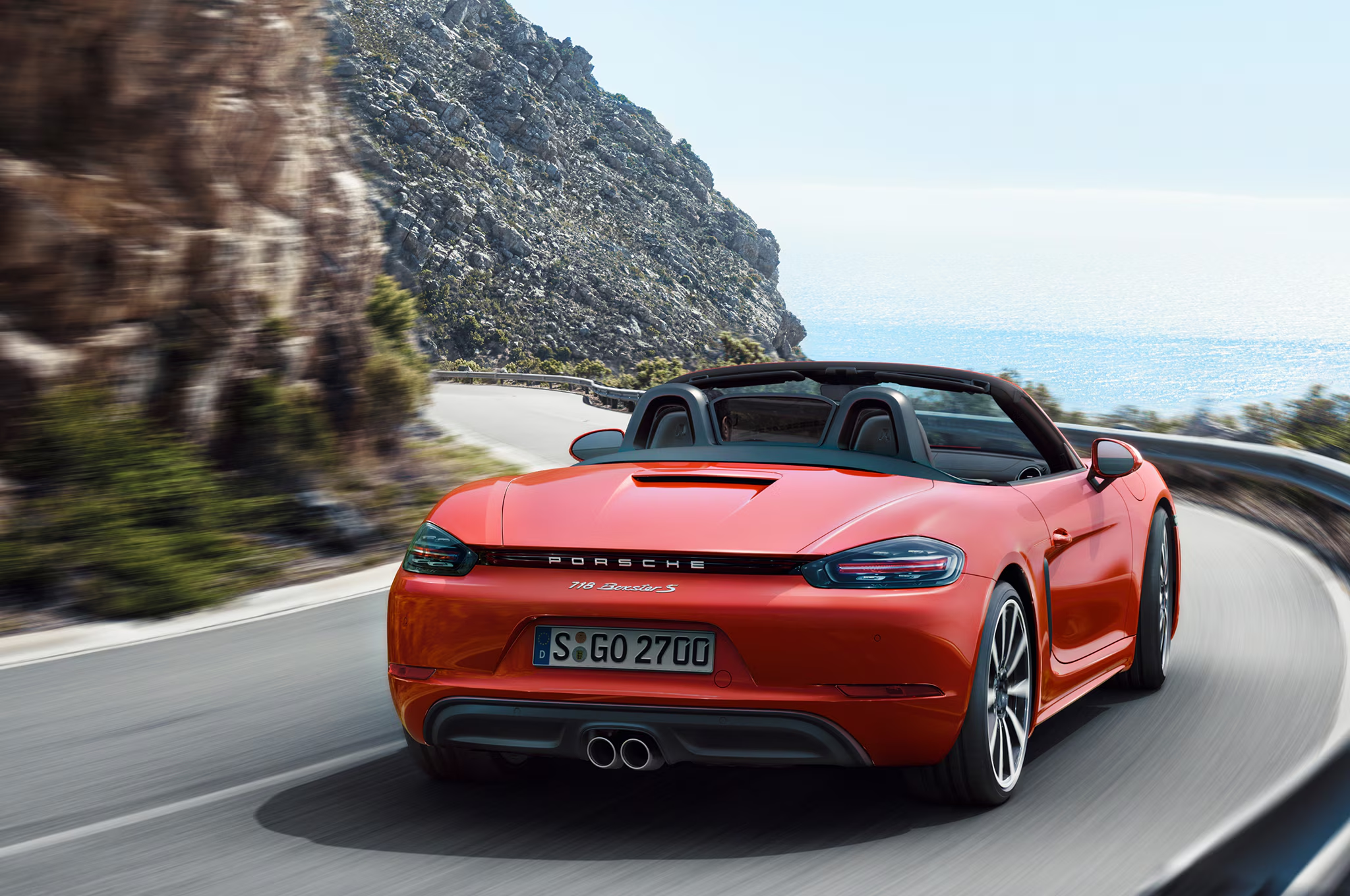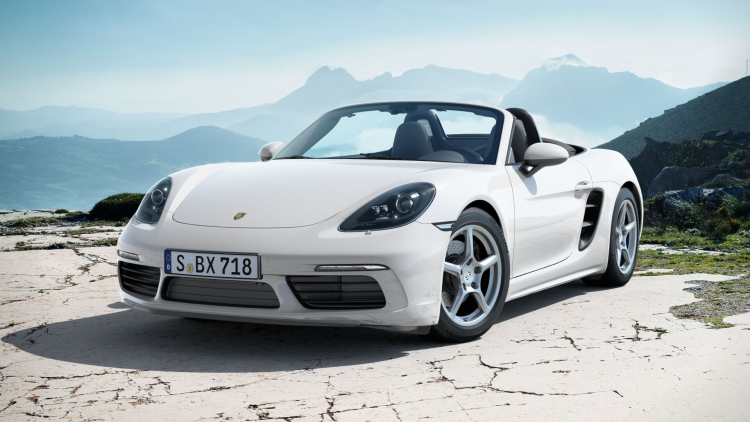The Uncertainty of Porsche’s Powertrain Future
Customer – driven Changes in the Automotive Industry
In the ever – evolving automotive landscape, customer demand has emerged as a powerful force dictating the direction of development. Porsche, like many other manufacturers, finds itself at a crossroads. Lutz Meschke, Porsche’s deputy chairman and finance board member, has hinted at an interesting turn during a recent Q3 earnings call. The EV trend, which once seemed unstoppable, might be faltering. As a result, there’s talk of developing new combustion – engine derivatives to cater to varying customer demands around the world. This shift could have significant implications for models like the Macan and the 718 Boxster and Cayman, which were slated for electrification.

Porsche’s Factory Flexibility and Adjusted Goals
Porsche’s Leipzig factory stands as a symbol of adaptability. It has the remarkable ability to produce combustion – engine cars, plug – in hybrids, and electric cars on a single production line. This flexibility provides Porsche with an edge in responding to market fluctuations. However, the company’s original electrification goal of having 80% of its lineup electrified by 2030 has been postponed indefinitely. The reasons are clear: EV demand varies greatly by region. In China, it’s relatively high, but in Europe, it’s slower, and in the US, it’s patchy. Other European manufacturers are also grappling with similar challenges in EV adoption.
The Driver – focused 911 Carrera T and Hybridization Trend
The recent introduction of the 911 Carrera T showcases Porsche’s commitment to the driving enthusiast. With its standard 3.0L twin – turbo boxer engine and exclusive manual transmission, it offers an experience that true car lovers cherish. This model’s success indicates that there’s still a strong market for traditional, driver – focused vehicles. Looking ahead, it’s unlikely that Porsche will completely abandon electrification. Instead, hybridization could be the path forward. Similar to what we’ve seen with the new Mercedes – Benz G – Class and Toyota’s long – standing hybrid efforts, a hybrid powertrain could be the ideal compromise. In a somewhat extreme scenario, we might see a repeat of history, where hybrids gain dominance, much like how the Ford Model T led to the decline of early electric cars in the 20th century.


































Discussion about this post